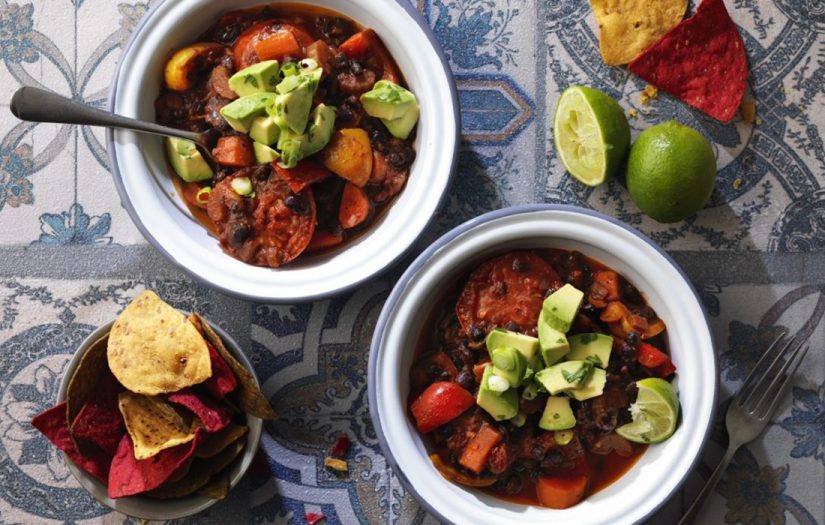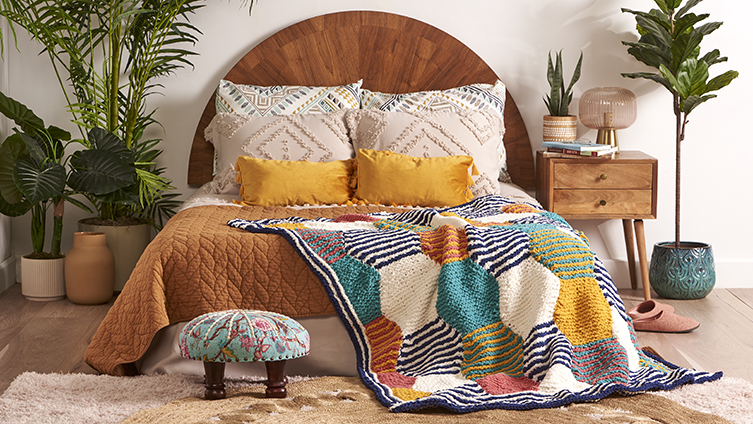
Do you buy second-hand?
Buying clothes is something we tend to do without giving it much thought. We all like to refresh our wardrobes occasionally.
But new statistics produced by Oxfam may make us rethink whether or not we actually need that new dress or those nice jeans.
Fast fashion
Modern culture, they say, has seen a rise in fast fashion — where people buy clothes that they rarely or never wear, only to bin them soon after.
Plastic pollution is already a concern, but the charity has revealed that clothing purchases also have a detrimental effect on the environment.
More than two tonnes of clothing are bought every minute in the UK.
That produces nearly 50 tonnes of carbon emissions — the same as driving 162,000 miles in a car. A sobering thought.
“We are in a climate emergency” Danny Sriskandarajah, Oxfam’s chief executive said. “We can no longer turn a blind eye to the emissions produced by new clothes.”
In fact, Oxfam discovered that emissions from clothes bought in the UK every second are equivalent to driving a car from London to the Costa del Sol and back.
Per hour this equates to driving around the world 360 times.
A single item of clothing could travel 21,748 miles before it is even purchased — from a cotton field in the US to production units in Bangladesh, to the shipment of the product to Germany and finally to the customer.
In a bid to raise awareness of the issue, Oxfam has introduced Second Hand September, challenging consumers not to buy anything new for a month.
Together we can make a difference
“As consumers, it’s in our power to make a real difference,” Danny Sriskandarajah added.
“Buying second-hand clothes helps to slow the ferocious fast-fashion cycle, giving garments a second lease of life.
“By taking part in Oxfam’s Second Hand September, we are also sending a clear message to the clothing industry that we don’t want to buy clothes that harm our planet and the people in it.
“I’ve pledged to take part in Second Hand September. And I am discovering that you can find some very cool outfits in Oxfam.
“Together we can make a difference and help reduce fast fashion’s impact on people and the environment.”
Minimise your carbon footprint
Lauren Bravo, 31, a writer from Leyton, London, is taking the Second Hand September challenge.
“When I learned about the impact fast fashion is having on the planet, I was horrified,” she said.
“I read about the sheer volumes of clothes going into landfill, about dyes polluting rivers and synthetic fabrics leaching microplastics into the marine environment, and I decided to change my shopping habits.
“Now I only shop second-hand in charity or vintage shops, and I try harder to treasure and look after the items I have instead of viewing them as disposable.”
Other tips to minimise your carbon footprint when buying clothes include:
- Opt for natural fabrics such as cotton or silk.
- Don’t buy cheap clothes. Good quality clothing will last longer and therefore won’t need replaced so quickly.
- Make do and mend. If your clothes have seen better days, don’t just bin them. Look out the needle and thread instead. Maybe you will be able to give those clothes a new lease of life.
For more on charities and campaigns supported by “The People’s Friend”, click here.




